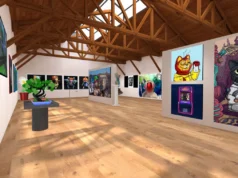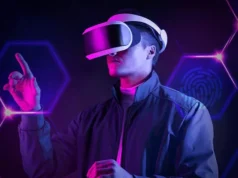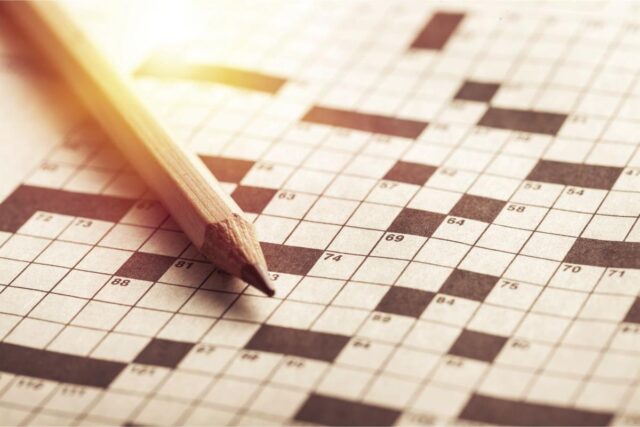
Have you ever noticed how quickly time can slip away? It’s so easy to get stuck in a cycle of busy days, weeks, and months without taking a break. But what if there was a way to save time by participating in an activity that’s actually fun? Enter the crossword puzzle – the perfect way to save time while having some much-needed fun. Let’s take a look at why crosswords are such powerful time-savers.
The Benefits of Crossword Puzzles
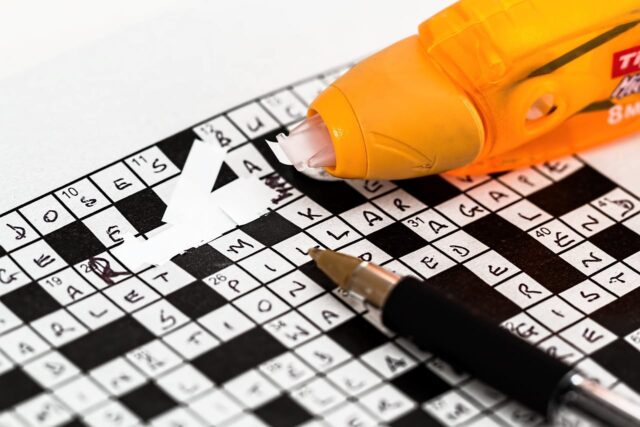
Crosswords are one of the most popular puzzles around today, and with good reason. They provide an excellent mental workout as they challenge your brain to solve clues and come up with creative solutions. Completing a puzzle helps to sharpen your problem-solving skills and can even help improve your memory. Plus, it’s an engaging activity that can help you stay focused on the task at hand instead of getting distracted by other things.
And here’s the best part – crosswords are also great for saving time! By completing one or two during breaks throughout your day, you’re able to remain productive without feeling overwhelmed. That means more energy for tackling bigger tasks!
Additionally, studies have found that taking regular breaks throughout your day can actually make you more productive in the long run. So next time you’re looking for something new to do on your lunch break or between meetings, consider giving crosswords a try – they may just be the key to unlocking more free time in your day!
But how exactly do crosswords help save time? Firstly, they provide a distraction from whatever else is going on around you. In this fast-paced world, it’s all too easy to get caught up in our surroundings and waste precious minutes worrying about what’s coming next.
With crosswords, however, you’re able to take a few moments away from all that stress and refocus on something entirely different for a bit – no matter how busy you may be! Additionally, solving NYT puzzles requires concentration; when we focus our minds this way it helps us become more efficient with our time management as well as our overall productivity. We start out trying to solve one clue but end up thinking about other tasks we need to accomplish which leads us straight back into work mode!
Tips for Solving Crossword Puzzles
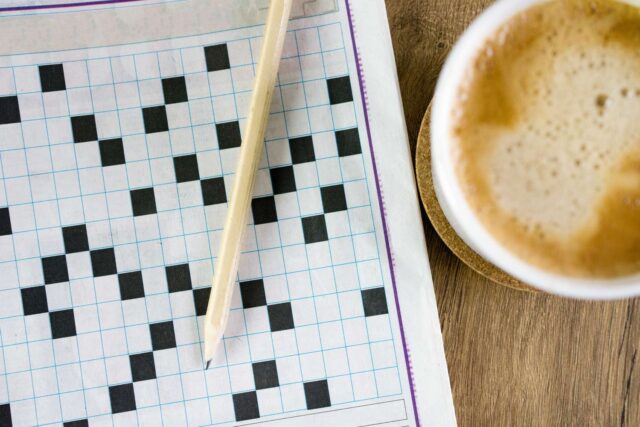
The best way to get better at solving these puzzles is with practice. Regularly doing puzzles can help unlock the hidden time-saving power of crosswords and make you an expert in no time. Here are a few tips to get you started on your journey:
1. Familiarize yourself with commonly used crossword puzzle words. There are many lists of popular words that show up in most puzzles, and it’s important to know them inside and out if you want to be successful.
2. Take your time as you work through the clues. Don’t rush and force yourself; instead, read each clue carefully several times until the answer becomes clear.
3. Check if any answers intersect with one another; looking at the pattern formed by existing answers can often spark ideas for other sections of the puzzle.
4. Make educated guesses when you get stuck on a certain clue; after all, luck plays a role too! That said, don’t just guess blindly – try to figure out what kind of word might fit that particular clue as precisely as possible.
5. Unscramble difficult clues before actually attempting them- use anagram solvers or other online tools to unscramble any tricky clues or words before actually trying to solve them in the puzzle itself.
Following these tips should significantly reduce your puzzling time while also allowing you to have more fun while doing it!
Different Types of Crossword Puzzles
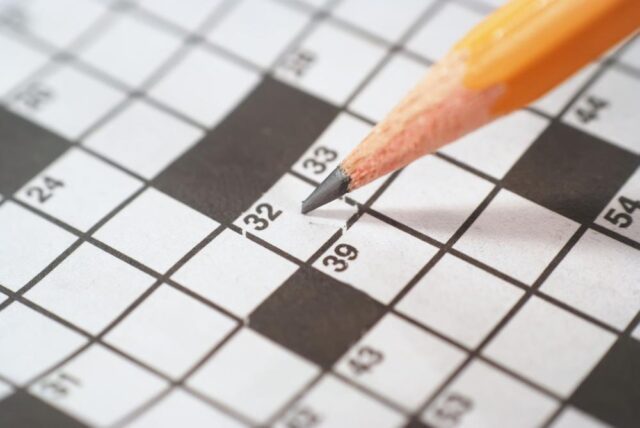
Crossword puzzles come in all shapes and sizes, so it is important to learn the various types in order to take full advantage of their time-saving potential. Each type of crossword puzzle has its own rules and characteristics, so be sure to familiarize yourself with them prior to tackling one. Here are some of the most popular variations of these puzzles:
Classic
These are your traditional paper and pencil-based crosswords containing clues that require definition-type answers as well as number-oriented ones. Classic crosswords follow a grid format and require a certain degree of knowledge about language and trivia topics.
Jigsaw
This variation involves cutting out pieces from the printed puzzle and reassembling them in the right spots on a larger grid. Jigsaw puzzles introduce an additional layer of difficulty since the pieces must fit together like a typical jigsaw puzzle before being put into the larger grid.
Diagramless
As the name implies, these types of crosswords do not have any pre-drawn grids like others do. Clues are provided along with numbers indicating how many spaces each answer should take up. It is up to you to determine what goes where within each word block based on the clues provided!
Cryptic
They use cryptic clues that involve both word play and verbal skills such as puns or misleading rhetoric that point toward more than one potential answer choice. In this type, it’s important to understand what kind of wordplay you’re dealing with before making your guess – solving these can be quite tricky!
Double Crossover
Double crossover (or double-sided)crossword puzzles feature two grids on either side, linked by clues from one side flowing over into another side’s answer space. It generally requires more thinking outside the box than other types, since it’s not just about finding answers – but rather working back and forth between different grids until everything fits together perfectly!
Conclusion:
Crossword puzzles offer both fun and efficiency in equal measure; not only do they provide a much-needed mental break during busy times but they also serve as an effective tool for saving precious minutes each day. So why not give them a try? You might just find that these classic puzzlers have what it takes to unlock more free time in your daily life – now who wouldn’t want that?




